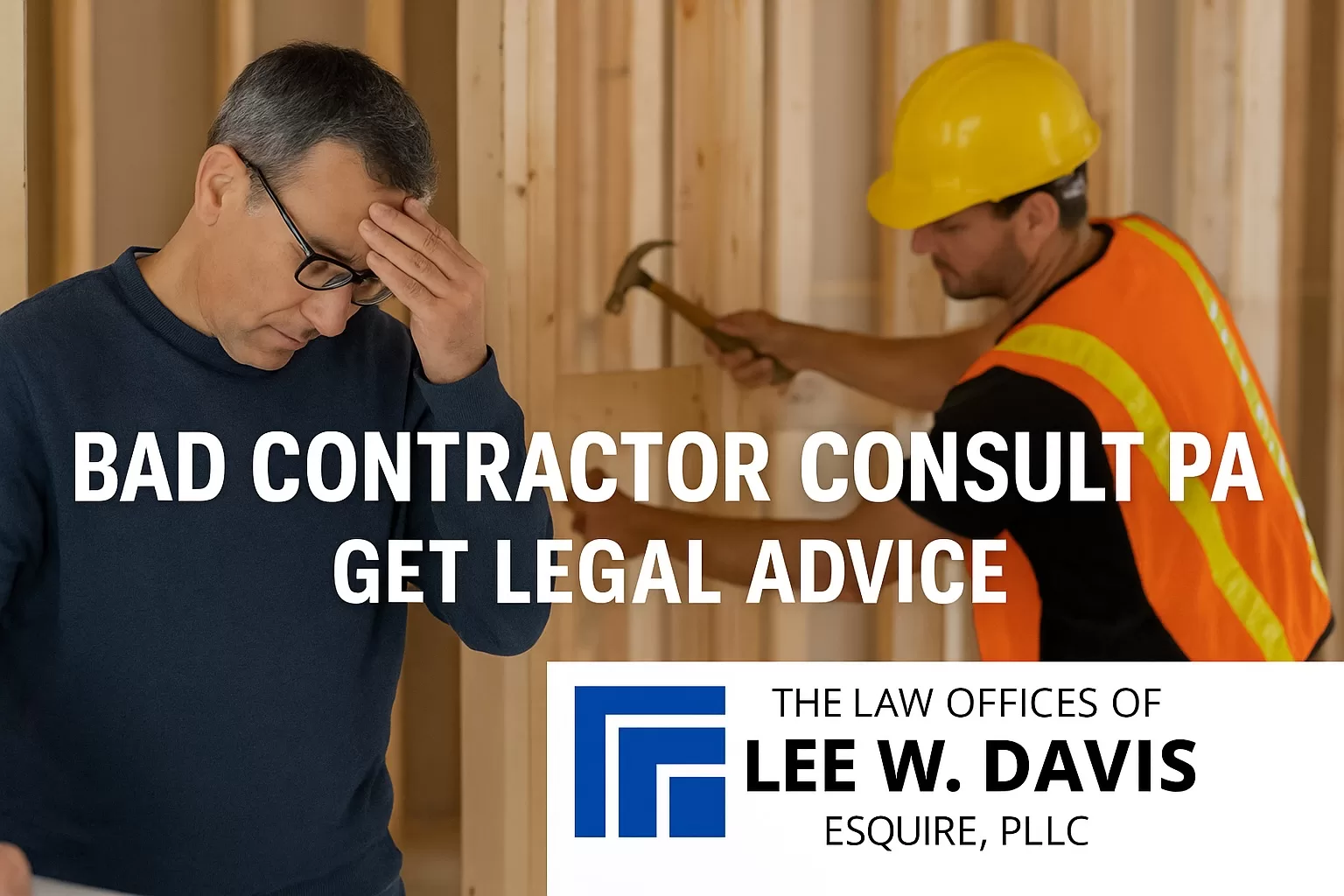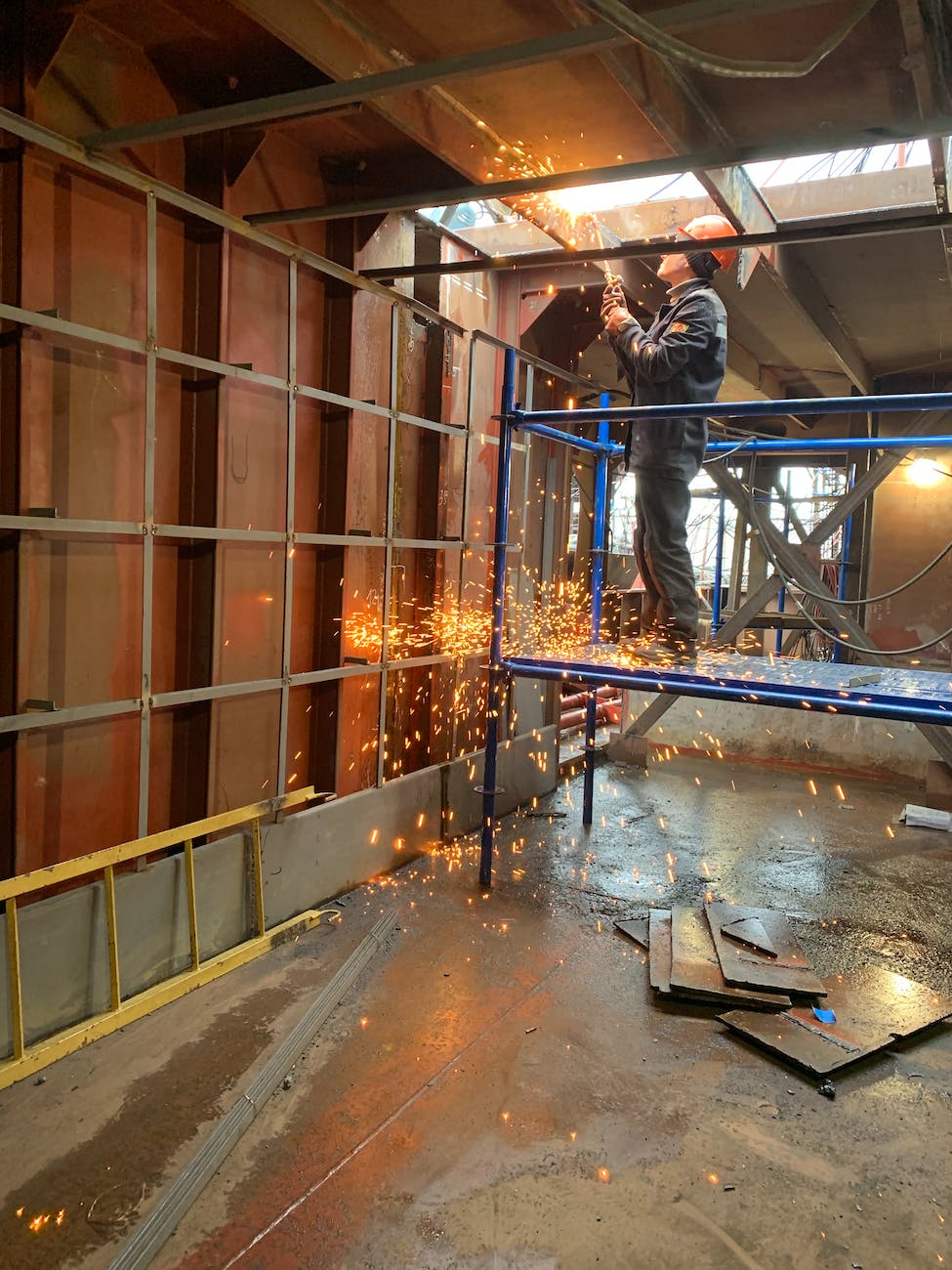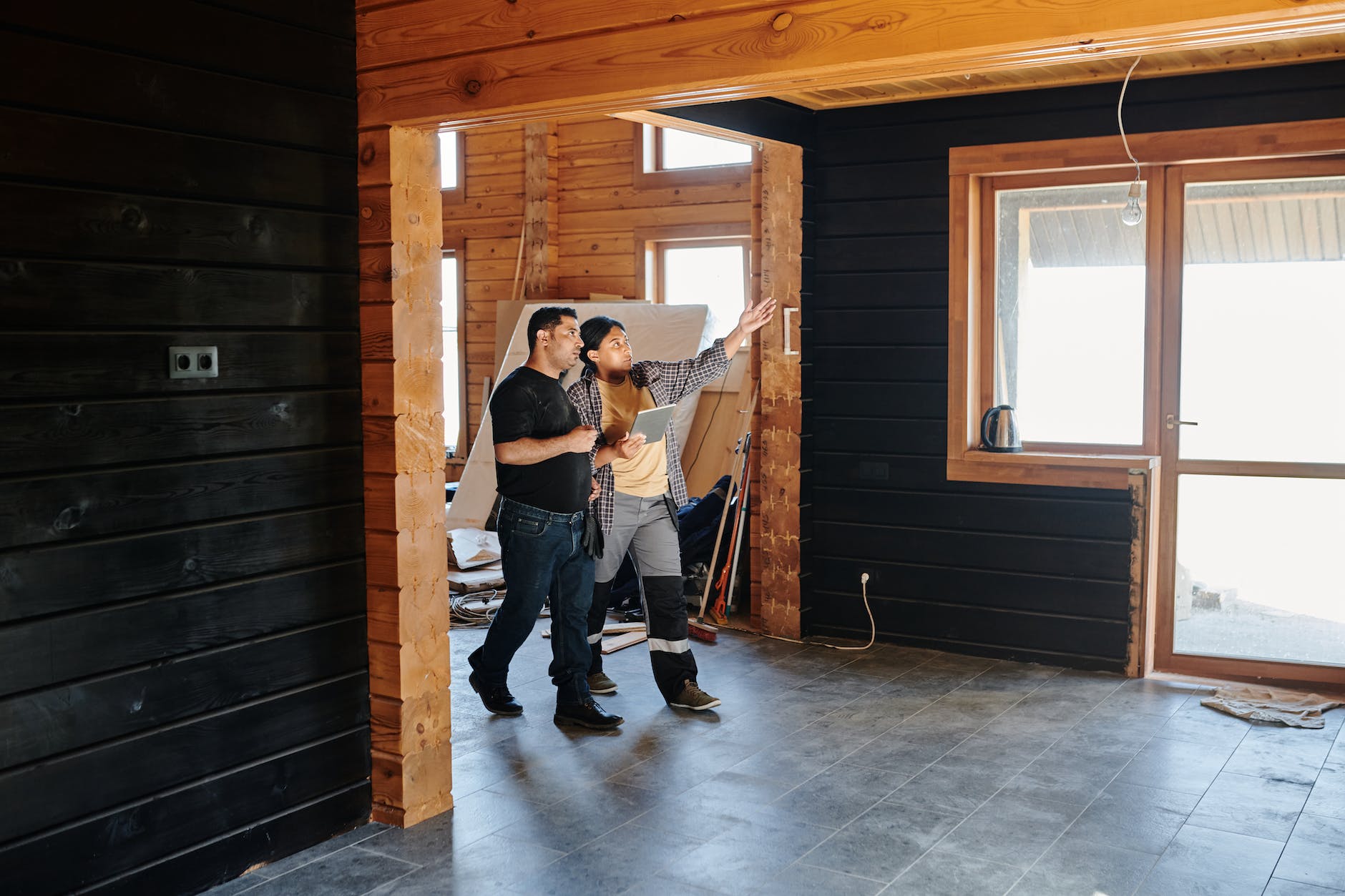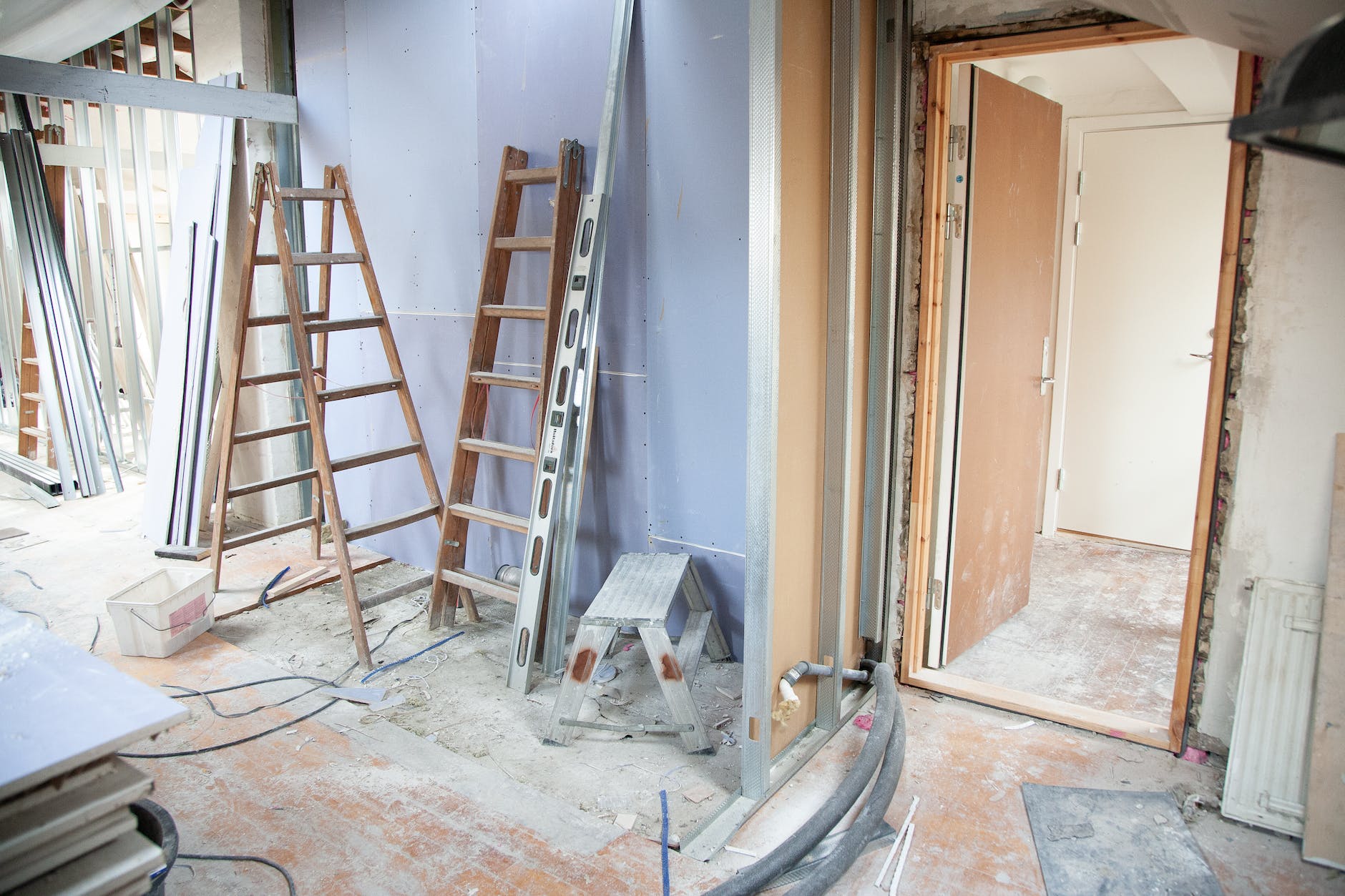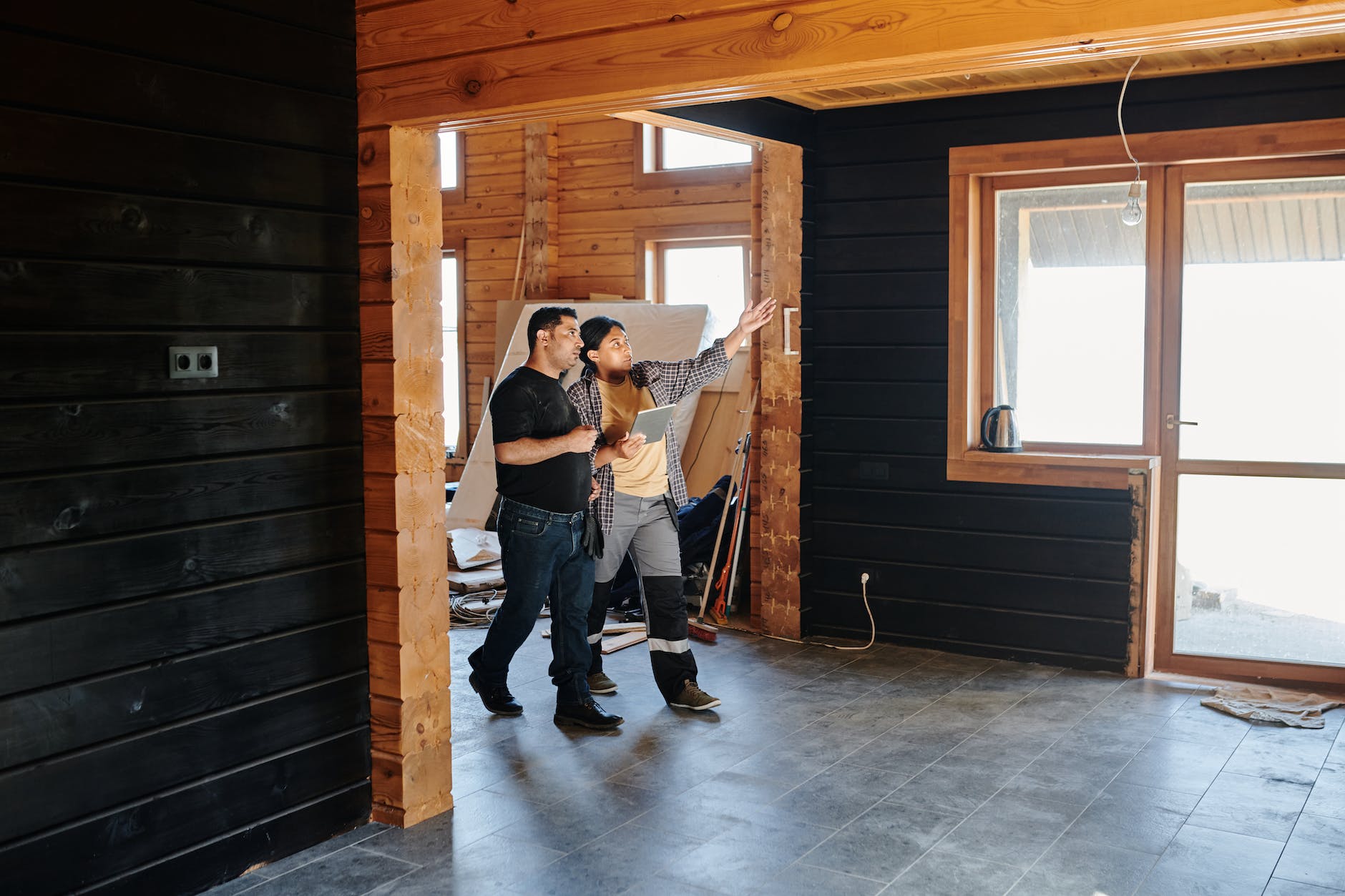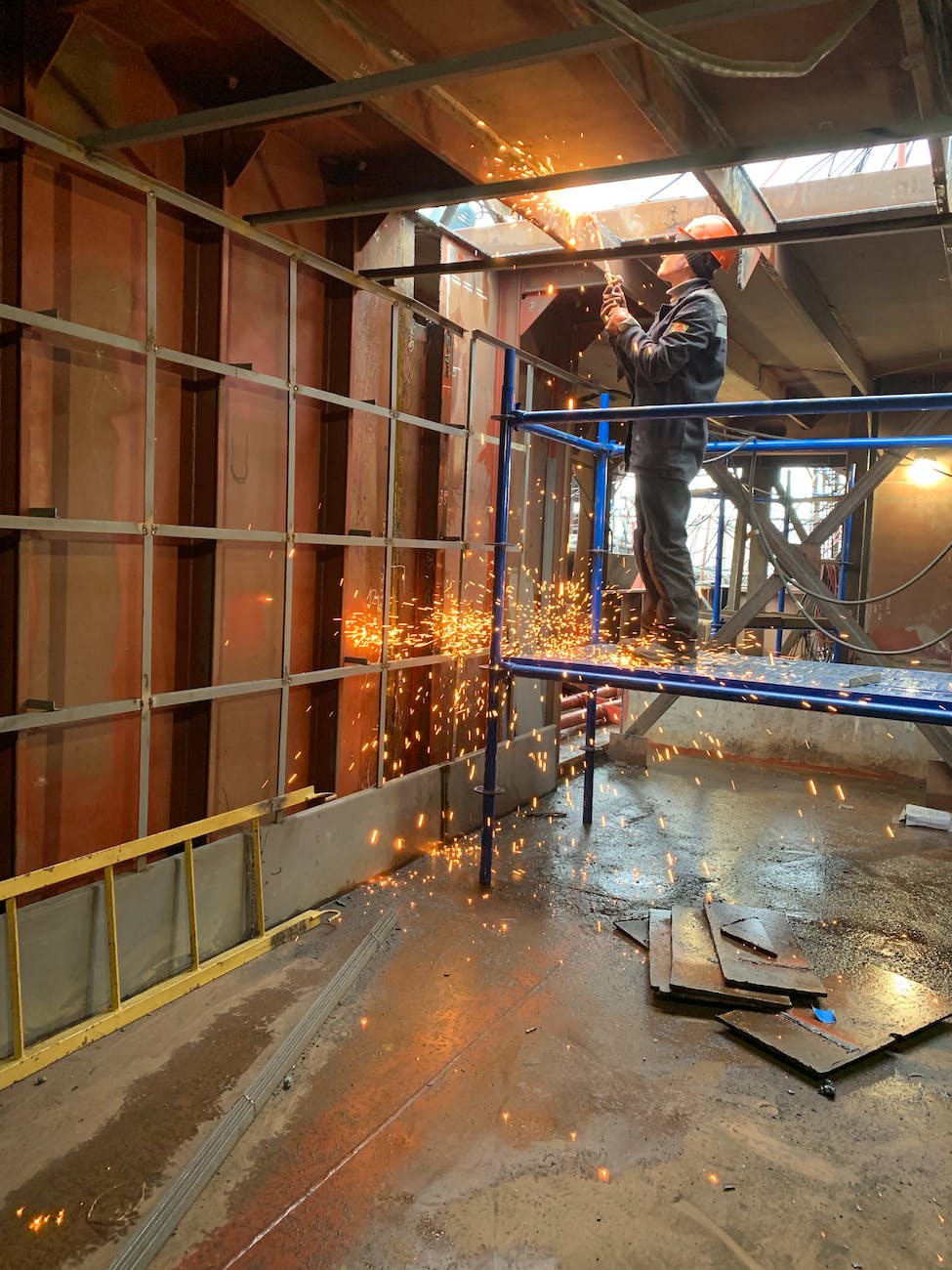Contractor disputes can be a stressful experience for homeowners in Pennsylvania. What are my damages? Whether it’s a disagreement about the scope of work, project delays, or issues with the quality of craftsmanship, understanding your rights and options is crucial. In this article, we will address some frequently asked questions about contractor disputes in Pennsylvania to help you navigate through this challenging situation.
What Are Your Damages?
One of the first questions that come to mind during a contractor dispute is, “What are my damages?” Damages, in legal terms, refer to the losses or harm suffered due to the actions or negligence of another party. In the context of a contractor dispute, damages can include the cost of fixing subpar work, expenses related to project delays, and any additional costs incurred due to the dispute.
How to Assess the Scope of Work Discrepancies?
Contract disputes often arise from discrepancies in the agreed-upon scope of work. To assess these discrepancies, carefully review the contract, specifications, and any relevant documents. Document all deviations from the original agreement, including changes in materials, designs, or deadlines. Clear documentation is crucial in establishing your case during a dispute resolution process.
Can You Terminate the Contract?
If the contractor fails to meet the terms of the contract or breaches the agreement, you may consider terminating the contract. However, it’s essential to review the termination clauses in the contract thoroughly. Some contracts specify conditions under which termination is allowed, while others require written notice and an opportunity for the contractor to remedy the breach within a certain timeframe.
What are Your Rights Regarding Project Delays?
Delays in construction projects can be frustrating and costly. It’s vital to understand your rights regarding project delays. Review the contract to see if it includes a timeline for completion. If there’s a delay clause, it should outline permissible reasons for delays and the actions the contractor must take to mitigate them. If the contractor is responsible for the delay, you may be entitled to compensation for additional expenses caused by the delay.
How to Handle Issues with Work Quality?
If you’re dissatisfied with the quality of work performed by the contractor, document the deficiencies thoroughly. Take clear photos, write detailed descriptions, and gather any relevant evidence. Communicate your concerns with the contractor in writing, specifying the issues that need correction. If the contractor fails to address the problems, you may need to explore legal avenues to resolve the matter.
Mediation vs. Litigation: Which Is Better for Your Case?
When dealing with a contractor dispute, you have options for resolution, including mediation and litigation. Mediation involves a neutral third party facilitating negotiations between you and the contractor to reach a settlement. It’s a less adversarial and often more cost-effective approach. Litigation, on the other hand, involves taking the dispute to court. Consider the complexity of your case, costs, and the desired outcome when choosing between mediation and litigation.
Understanding Lien Laws in Pennsylvania
In Pennsylvania, contractors and subcontractors have the right to file mechanic’s liens against the property if they are not paid for their services. Understanding lien laws is crucial, especially if the contractor claims they haven’t been paid by the project owner. Homeowners should be aware of their rights and obligations to prevent unexpected legal issues related to liens.
How to Prevent Future Disputes?
Preventing contractor disputes begins with due diligence. Research potential contractors thoroughly, check references, and verify licenses and insurance. Have a detailed written contract that clearly outlines the scope of work, materials, costs, and timelines. Regular communication with the contractor can help address issues before they escalate into disputes. Additionally, consider periodic inspections to ensure the work aligns with your expectations.
Legal Assistance: When Should You Seek a Lawyer?
If attempts to resolve the dispute through communication, negotiation, or mediation prove unsuccessful, it may be time to seek legal assistance. A lawyer experienced in construction law can assess your case, advise you on your rights, and represent you in court if necessary. Legal guidance becomes essential when the dispute involves complex legal issues, substantial damages, or potential breaches of contract.
Conclusion: Navigating Contractor Disputes with Confidence
Dealing with contractor disputes can be overwhelming, but armed with knowledge and understanding of your rights, you can navigate these challenges with confidence. By thoroughly documenting discrepancies, communicating clearly, and exploring appropriate resolution methods, you can protect your interests and ensure a satisfactory resolution to the dispute.
A Final Word: Seeking Resolution and Moving Forward
In conclusion, contractor disputes in Pennsylvania can be intricate and emotionally draining. However, by being well-informed, proactive, and willing to seek resolution, you can effectively handle these challenges. Remember, clear communication, detailed documentation, and understanding your legal rights are your best allies in these situations.
If you find yourself entangled in a contractor dispute that seems insurmountable, don’t hesitate to consult with a qualified attorney specializing in construction law. Their expertise can provide you with tailored advice, ensuring your rights are protected and helping you navigate the legal complexities.
By staying vigilant, proactive, and informed, you can protect your investment and ensure that your construction project concludes to your satisfaction. As you move forward, remember that every challenge is an opportunity to learn and grow, and with the right approach, you can emerge from a contractor dispute stronger and more knowledgeable than before.
Lee Davis understands that contractor disputes can be overwhelming, but you don’t have to face them alone. If you need expert legal advice and assistance, our team of experienced attorneys is here to help. Contact us today to schedule a consultation and let us guide you toward a favorable resolution. Your peace of mind is our priority.
If you believe you have suffered legal damages because of a contractor dispute in Pennsylvania, Lee Davis is here to help. With his expertise, dedication, and approach, he helps people seeking justice and fair compensation. Contact Lee Davis today directly at 412-781-0525 for a confidential consultation.

